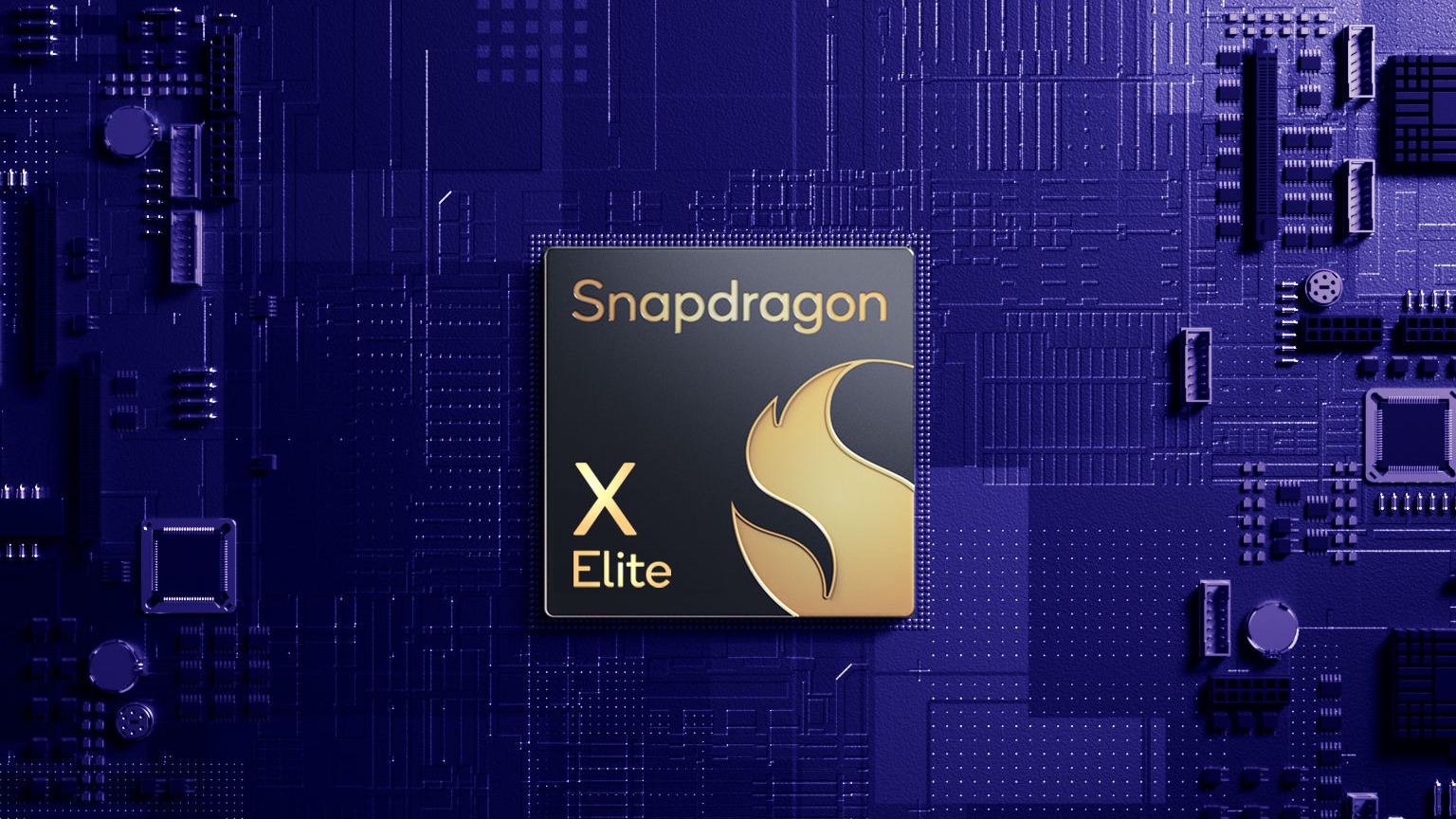Qualcomm’s Arm license is getting cancelled and it could have a huge impact on the laptops and phones we buy
One threatened contract cancelation could spell disaster for phones, computers and more

October 24, 4:30am ET: We've updated this story with statements from Arm and Qualcomm.
Qualcomm is the company behind the chips found in smartphones, laptops and many other devices we use daily. But it may soon lose its license to use technology developed by its partner Arm, a move that could have enormous consequences for the tech world.
Qualcomm has been in a long-term legal battle with Arm, the company that designs instruction sets and parts for computer chips to then license out to firms like Qualcomm. But Arm is now trying to end the licensing agreement it has with Qualcomm, according to reporting by Bloomberg, giving it a 60-day warning of cancelation before it withdraws permission to use Arm-based tech.
The source of this whole dispute is Qualcomm's purchase of a third company, Nuvia, in 2021. Because Nuvia itself had a licensing deal with Arm, Arm has sued, arguing that Qualcomm needs to stop developing Nuvia's technology, destroy any designs made pre-acquisition and negotiate new licensing terms. Meanwhile, Qualcomm has countersued, stating that its current agreement with Arm still stands, and business can carry on as usual.
Nuvia is the source of Qualcomm's Oryon-series CPUs, as seen in chips like the newly-announced Snapdragon 8 Elite chip, made for next-gen Android flagship phones. It's a key part of Qualcomm's business, hence why this has proved to be so tricky to resolve, and why Arm's decided to raise the stakes.
We've had statements from both companies involved about the dispute. A Qualcomm spokesperson told us that:
"This is more of the same from ARM – more unfounded threats designed to strongarm a longtime partner, interfere with our performance-leading CPUs, and increase royalty rates regardless of the broad rights under our architecture license. With a trial fast approaching in December, Arm’s desperate ploy appears to be an attempt to disrupt the legal process, and its claim for termination is completely baseless. We are confident that Qualcomm’s rights under its agreement with Arm will be affirmed. Arm’s anticompetitive conduct will not be tolerated."
While Arm states:
"Following Qualcomm’s repeated material breaches of Arm’s license agreement, Arm is left with no choice but to take formal action requiring Qualcomm to remedy its breach or face termination of the agreement. This is necessary to protect the unparalleled ecosystem that Arm and its highly valued partners have built over more than 30 years. Arm is fully prepared for the trial in December and remains confident that the Court will find in Arm’s favor."
Get instant access to breaking news, the hottest reviews, great deals and helpful tips.
Why this is a big deal for you
Many of the best phones use Qualcomm-built silicon, and several companies have already confirmed they'll use the new Snapdragon 8 Elite chip for their upcoming phones. But equally as important are Qualcomm's Snapdragon X Elite-powered AI PC laptops, which use the same Arm tech. This is a rapidly developing category which has caused a lot of excitement after years of these laptops using hot-running, power-hungry Intel and AMD chips (which run on a different underlying technology called x86). If Qualcomm were to lose its license, then computer, smartphone and other device makers would have to find alternative chips for their upcoming gadgets, and fast.
If the license does end up suspended, Qualcomm would be able to make separate agreements to use Arm's own full chip designs, which would be a possible stop-gap before matters are settled. But this would be expensive considering the cost of new licensing and the loss of existing development that could no longer be used.
Arm is giving Qualcomm 60 days to comply, which means there's still time for the two parties to come to an agreement before further legal action's taken. Let's hope that these two can work things out, otherwise we could see significant disruption across the tech world.
More from Tom's Guide

Richard is based in London, covering news, reviews and how-tos for phones, tablets, gaming, and whatever else people need advice on. Following on from his MA in Magazine Journalism at the University of Sheffield, he's also written for WIRED U.K., The Register and Creative Bloq. When not at work, he's likely thinking about how to brew the perfect cup of specialty coffee.
 Club Benefits
Club Benefits





